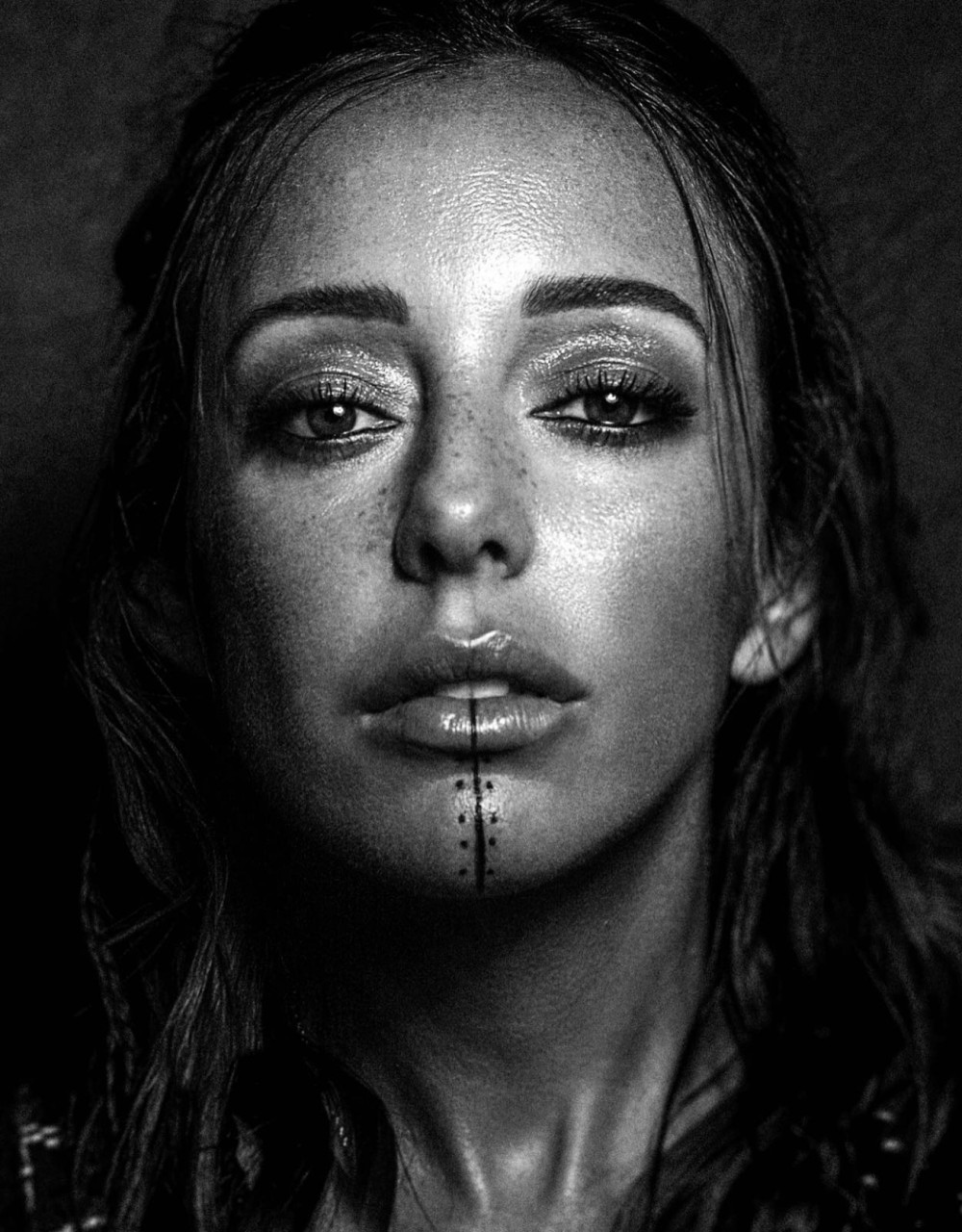A couple of years in isolation gave her the space to hone her craft as a producer and DJ, and she soon found herself playing gigs across Paris, Tulum, and beyond when lockdown lifted. Aptly titled Rebirth, her first E.P. as a producer marked a new chapter in Adassiya’s musical career that’s taken her to new heights, with a 2023 Scorpios Music release Mektoub proving a hit much further afield than her devoted fanbase.
What does music mean to you?
I like to say that I didn’t choose music. Music chose me. I’ve never had any other job outside music. I started singing professionally around 12 or 13 and recorded my first album at 14, with the label Warner. It wasn’t a commercial success, but it was a huge lesson for me. And it was fun. Then I continued working on compositions and writing lyrics. I did a couple of movies, including one with Charles Aznavour, who was a really historic figure in French music. In the film, he was my grandpa and helped me become a singer. At 18, I left school to do a musical. I was only young at the time but we won awards and things, touring the world, sometimes doing two shows per day in places as far as Japan, Ireland, and everywhere in between.
How long were you touring for?
That was for about six years. When I got back to Paris, I was still singing but also producing, with a focus on soul music. Electronic music hadn’t really entered my orbit yet. I grew up with Arabic music as I’m originally from Algeria, as well as a lot of soul. I was so inspired by people like Erykah Badu, Stevie Wonder, Gil Scott, Donny Hathaway, and Kim Burrell. After this musical show I toured with, I did the soundtrack to a film called Taxi directed by Luc Besson in 1998. Then I started writing lyrics for other singers in other francophone countries, meanwhile living in Lebanon doing a TV show.
That’s quite different from what you’re doing now. What changed?
I actually stopped singing for a while. I was enjoying my career but I felt like I hadn’t found my way yet. It was cool but it wasn’t 100 percent me. I didn’t know who I was yet. I’d wanted for a while to learn how to DJ. In 2018 on the 31st December, one friend asked me about New Year’s resolutions and said “What do you want to do?” I said I wanted to learn how to DJ, just for fun. “Then you should do it,” they replied. A few days later, I had my first lessons and I fell in love with the art. I bought the equipment and I practiced, practiced, practiced. I had a lesson toying around with house music and it opened a gateway to so much more. As I was learning, I was also on a journey of the self, doing some therapy, some meditation, asking myself questions and learning a bit about who I was.
